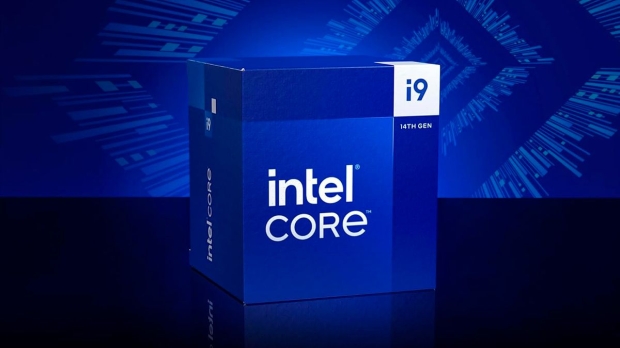Intel has been having some seriously bad issues with its 13th Gen and 14th Gen Core CPUs, with instability issues, crashes, and more... with no recall in sight and no real admittance to a gigantic issue by the company, Intel is now being slapped with a class action lawsuit.

Millions of customers are affected, so a class action lawsuit was inevitable. Now, Abington Cole + Ellery is tackling the case as the law firm specializes in class action lawsuits and intellectual property (IP). The law firm made a post about the issue, acknowledging the latest developments in the story, including 65W non-K processors being affected.
The law firm posted a summary of the issues in 13th Gen and 14th Gen Core CPUs from Intel, explaining: "Recent reports have highlighted instability issues with Intel's 13th and 14th Generation Core desktop processors. The primary cause of these instabilities has been identified as elevated operating voltages. Intel's analysis revealed that a microcode algorithm was incorrectly requesting higher voltages, leading to instability in the processors. This issue apparently does not stem from the earlier resolved via oxidation problem in Intel's manufacturing process".
"It is being reported that the instability issue affecting Intel's 13th and 14th Generation Core desktop processors affects potentially all 65W and higher CPUs -- including KS, K, KF, and non-K 65W (and higher) versions".
- Read more: Intel to eliminate thousands of jobs to reduce costs after earnings slump, market share losses
- Read more: Intel CPU issues hits mainstream 65W, non-K chips: damage is irreversible, no recall planned
- Read more: Intel cooking the Ring Bus on dying 13th and 14th Gen Core CPUs, says leaker
"Intel is addressing the problem by releasing a microcode patch that corrects the voltage requests. This patch is scheduled for release to partners by mid-August 2024. In the meantime, Intel recommends affected users reach out to their customer support for assistance. The company appears to be addressing instability scenarios through continued validation and updates".
If you're located in the US and own an Intel 13th Gen or 14th Gen Core CPU and want to join in on the class action lawsuit, you can read up and fill out the form here.



